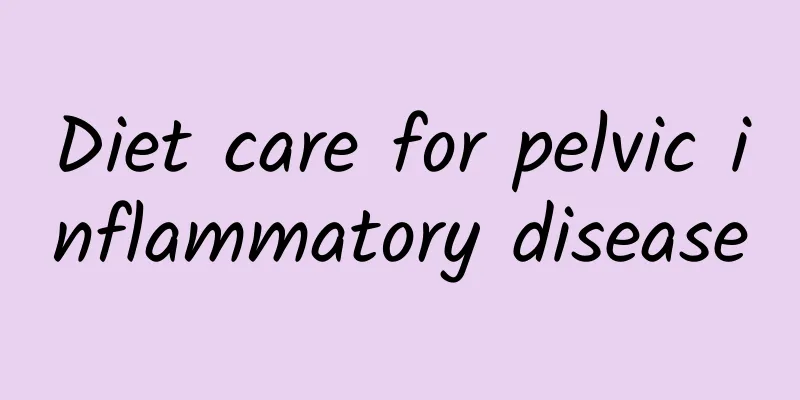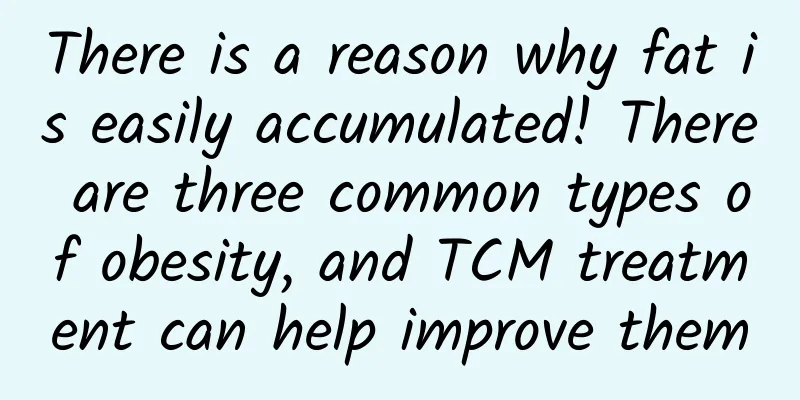Nutritionist's diet strategy to prevent weight gain

|
Every patient who comes to the clinic to seek help from a nutritionist for weight loss has one thing in common, which is "they must lose weight in a short period of time", but they all seem to forget that "Rome was not built in a day" and how long it took them to become what they are today. In fact, weight management is like a seesaw. If you eat more and exercise less, you will gain weight. On the contrary, if you eat less and exercise more, you may lose weight. But eating an extra 2,000-calorie meal will not immediately result in an increase in the number on the scale the next day. What actually causes you to gain weight is often the "slowly accumulated weight without you noticing." If we eat 100 calories more of cookies every day but don't burn them off, after a year, it would be equivalent to eating 36,500 calories more (Note: an average person only needs about 1,200 calories a day to maintain basic needs). Then, if 7,700 calories is equivalent to one kilogram of fat, these seemingly few cookies every day can actually make you gain 5 kilograms in weight after a year! Weight management is a lifelong course Weight management cannot be rushed because our body has too many complex mechanisms. It is not a simple math problem that can control weight and body fat by adding or subtracting. The most important thing for losing weight is patience and a good nutritionist who can accompany you like a coach. In addition to providing correct dietary concepts and implementation methods, it can also develop the short-term, medium-term and long-term weight management plans that best suit you. Execute the plan accurately and solve each problem step by step. If you encounter problems, you will have a professional partner to discuss with you immediately and help you overcome your blind spots. I would like to share with you my own weight loss story as a nutritionist. I am 158 cm tall and weighed 63 kg with a BMI of 25 after giving birth 6 years ago. I was already overweight. At that time, I promised myself a weight loss plan to never gain weight again, and set the final weight goal to 48 kg. Because I understand the application of physiology and nutrition, I used various dietary strategies, such as those mentioned in the second half of this article. In the early stage, I started with meal packs once a day to reduce my food intake, and in the later stage, I used a traditional balanced low-calorie diet and behavioral modification. I knew that only by patiently executing could I see results, so I did not rush. It took me about 9 months to reduce my weight from 63 kg to 47 kg (a total of 16 kg). Although my weight was up to standard, my immunity had deteriorated and I would catch a cold almost once a month, so I raised my weight to 49 kg to make my nutrition more balanced and richer. At the same time, I increased my exercise time from 2-3 treadmill exercises a week to 30 minutes a day to regulate my immunity. Until today, I still adhere to the diet management and exercise, and my weight has been maintained at 49-50 kg in the past 5-6 years. The number of colds has also decreased significantly. Do these diets work? As long as there is perfect medical supervision and with the care of a nutritionist, physician, nurse, or pharmacist, it is actually possible to try a more alternative diet in the short term to lose weight faster. Especially for people who are severely obese and have other metabolic problems, extremely low-calorie diets (400-800 calories/day) such as liquid diets or protein-reserving diets have been found in experiments to reduce lean body weight and body fat, but at the same time they also lower the metabolic rate. If you want to use this type of diet to lose weight and maintain muscle tissue, you need to cooperate with high-intensity muscle endurance training. For short-term weight loss, you can ask a nutritionist if these are suitable for you? 1. Liquid diet Early liquid weight loss products were designed to induce ketone bodies in the body, leading to rapid weight loss, but they were also found to cause nutritional deficiencies and even death. At present, such products have undergone years of improvement and testing, providing a feasible option for those who want to lose weight, but they still need to be used under the supervision of a nutritionist and physician. This type of diet provides 5-6 meals a day, and is mostly composed of high protein, very low oil and low sugar. It's not very tasty, and side effects include constipation, hair loss, intolerance to cold, or muscle cramps. So if it is not necessary, there are actually other better dietary options. 2. Protein-sparing diet Also known as the extremely low-calorie ketogenic diet, it allows the body to reach a state of slight dehydration to reduce weight and continue to be less likely to feel hungry; low-calorie, high-protein diets also have a safe limit and require the supervision of a nutritionist and a doctor to be safe. Eat about 800-1000 calories a day for 1-4 months, 1.5-2g/kg/day of protein, and supplement with multivitamins and calcium 10 00-1200mg/day, and blood potassium must be monitored. Sometimes it is even necessary to supplement with 20mEq/day of potassium nutrients. Otherwise, there will be problems with the heart, muscles, blood pressure, etc. Therefore, it is not a method that is completely harmless to the body. If you want to try it, you must definitely find a trained nutritionist. Don't try it at home by yourself, lest you fail to lose weight and hurt your body. Long-term diet strategy for weight loss without regaining weight: 1. Meal Replacement Refers to calorie-controlled meal replacements, using 1-2 meal packs a day to replace regular meals, plus at least other portion-controlled food combinations, eating only about 1200-1400 calories a day. Meal replacements give people who are trying to lose weight a sense of self-control. This way of gaining self-esteem and a sense of accomplishment will make them more likely to continue to lose weight. The use of meal replacements has been recognized by the American Academy of Dietetics and Nutrition as a safe and effective method, but you may have a question: besides the replaced meal, what else should I eat to be considered under control? Then I have controlled it, but I am still hungry, what should I do? What should I do if I get tired of eating meal replacements after a long time? Indeed, these are the long-term problems faced by people who use meal replacements to lose weight, so the best way is to find a nutritionist to plan and implement the plan together, so that you can achieve twice the result with half the effort without going hungry or depriving your stomach. 2. Low-calorie balanced diet As the name suggests, it means having three meals at regular times and in regular amounts, being familiar with the six major food categories and how much to eat of each, and being able to control and plan food purchases. In addition, you can cook delicious meals with low oil and salt, and exercise regularly and frequently to consume more than you eat. In the long run, you can naturally achieve the effect of losing weight without gaining weight again. Reference: Taiwan Obesity Medical Association - Obesity - Causes, Pathophysiology and Treatment This article comes from: Mango Social Enterprise ※For more information, please see "Mango Social Enterprise" |
<<: Golden power! Lily celery and lean meat soup reduces edema and helps you lose weight
Recommend
What are the common surgical methods for uterine malformation? What are the precautions after uterine malformation surgery?
Uterine malformation is a congenital disease and ...
Why do women get uterine fibroids? What are the causes of uterine fibroids?
1. Causes of uterine fibroids: The cause of uteri...
Should I eat the rice first or drink the soup first? Weight Loss Doctor: Eat each meal for no less than 20 minutes
What is the order of eating three meals, do you e...
Eliminate edema and enjoy slim and beautiful legs with traditional Chinese medicine in 3 steps
Stress-induced obesity and edema make you fat, es...
The toxins are leaving! Detoxify and nourish the liver in spring, female Chinese medicine recommends these 2 cups
The air we breathe, the food we eat, and even the...
What causes uterine fibroids and how to treat them
Uterine fibroids are a common gynecological disea...
Is cervicitis harmful to women? Be careful to prevent the 6 common causes of cervicitis in women
Cervicitis can be said to be the most common gyne...
What are the symptoms of uterine fibroids? What are the dangers of uterine fibroids?
Speaking of compression symptoms, you may feel st...
How to remedy headache after abortion? 5 nursing measures to be taken after abortion
Because people nowadays have early sexual maturit...
What are the methods for treating cervicitis? Hospitals often use three methods to treat cervicitis
We often hear female friends talking about cervic...
A woman with a thick waist and a small belly hides three highs and gastrointestinal crisis! Dr. Zheng Naiyuan: These 2 tips can help you stay away from the risk of colorectal cancer
Modern people's lifestyle is becoming more an...
What are the symptoms of menopausal menstrual disorders and how to deal with them?
It is known that menopause will cause a series of...
Will drinking a lot of slimming tea in cold weather help you lose weight? Famous doctors debunk 3 myths about weight loss
As the saying goes: "Lose weight in summer a...
What should I do if my vaginal discharge is as much as water? Pay attention to personal hygiene
Women's leucorrhea is as much as water, so th...
How to care for cervical hypertrophy
Cervical hypertrophy requires a combination of da...









